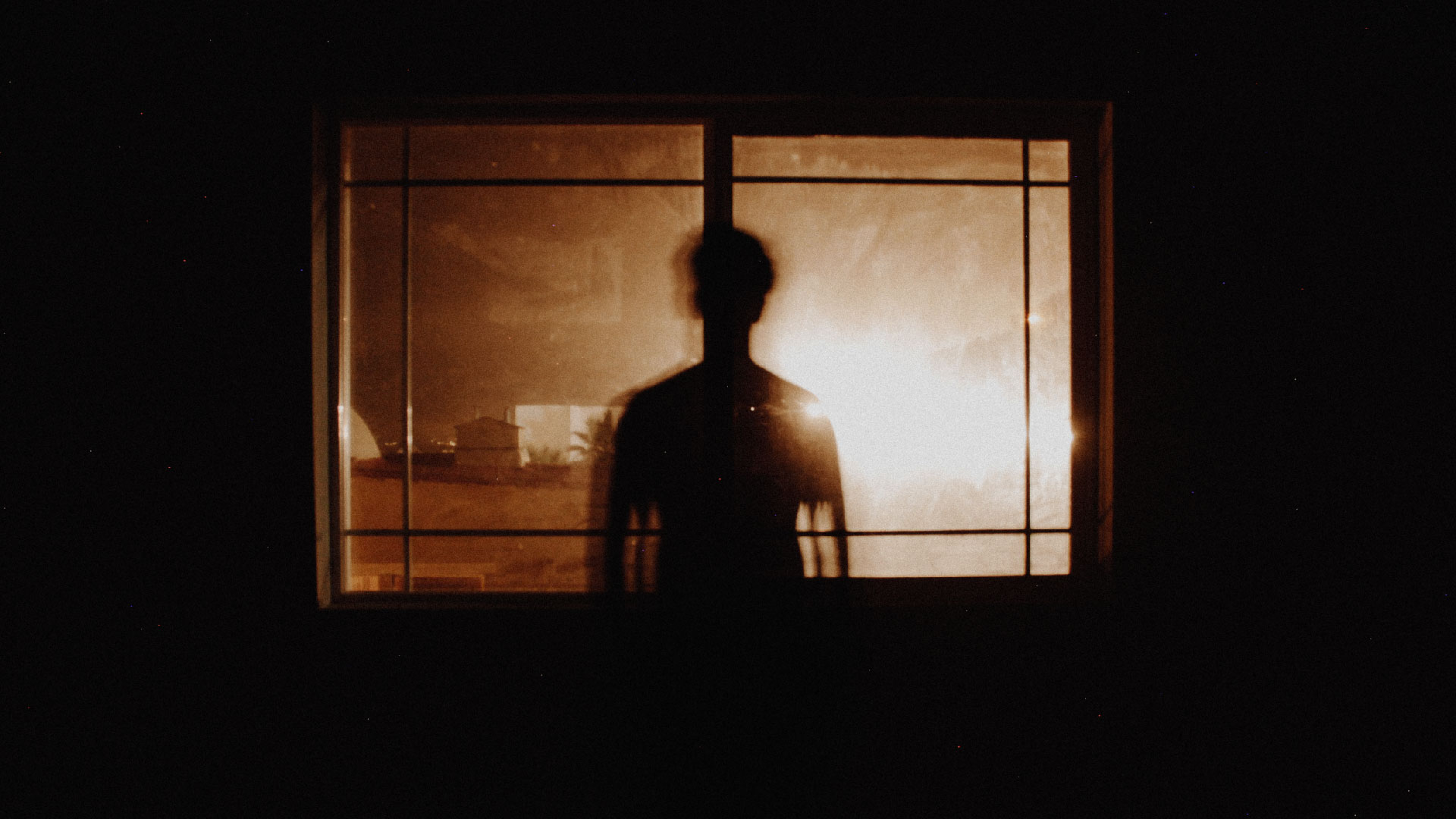A new study done in Germany suggests that faith in god or ‘a higher power’ was greatly weakened by the pandemic. In a cross-sectional survey, Catholics and Protestants – the two largest religious denominations reported a precipitous drop in faith during the COVID-19 pandemic, especially around the second wave.
The study used self-reported measures of wellbeing, and self-reported changes in faith to arrive at its conclusions. It found that wellbeing decreased significantly with the second wave of COVID-19, when stringent restrictions came into effect in the country. At the same time, stress caused by the pandemic and restrictions in daily life seem to have contributed to increased anxiety, insecurity, loneliness and financial woes.
Faith in god is widely thought to serve as a strong hold during hard times for believers. This implies that faith would become stronger during crises. The study, however, found the opposite. 15 % of participants surveyed during the first wave of the pandemic said that they had lost faith in god or a higher power due to COVID-19. The fraction of participants reporting loss of faith increased to 21.5 % during the second wave.
The weakening of faith seems to have forced at least some participants to apostatize. The percentage of participants who identified as Catholic decreased during the pandemic, while the number of people who have no religious affiliations increased. In contrast, the percentage of participants identifying as Protestant remained the same.
Often, during a crisis of faith, people may approach local religious groups for help. But this was not an option during the pandemic as most religious activities including all communal rituals were impossible due to COVID-19 restrictions. During the pandemic people became progressively less satisfied with the support received from local religious groups. This may have contributed to hopelessness and made people lose trust in god according to the researchers who conducted the study.
“When sacred spaces (i.e., the churches) are not easily accessible, people may lose access to the center of their public religious life, and thus they may either develop new forms of spiritual practices in privacy or simply get used to the loss.”
Time spent in religious activities like prayer or meditation also reduced markedly (in Catholics and Protestants) during the second wave, in tandem with the loss of trust and faith in god. Participants in the study were recruited starting in June 2020, when the first wave of COVID-19 began. Recruitment continued until the 4th wave of the pandemic (towards the end of 2021).
The trend has shown signs of reversing starting with the 4th wave of COVID-19. As most people have been fully vaccinated and restrictions eased, anxiety related to COVID-19 has abated significantly. Findings suggest that with a reduction in COVID-19 stressors religious faith is set to make a rebound.
Read more about the study by Arndt Büssing, Klaus Baumann, and Janusz Surzykiewicz here.








